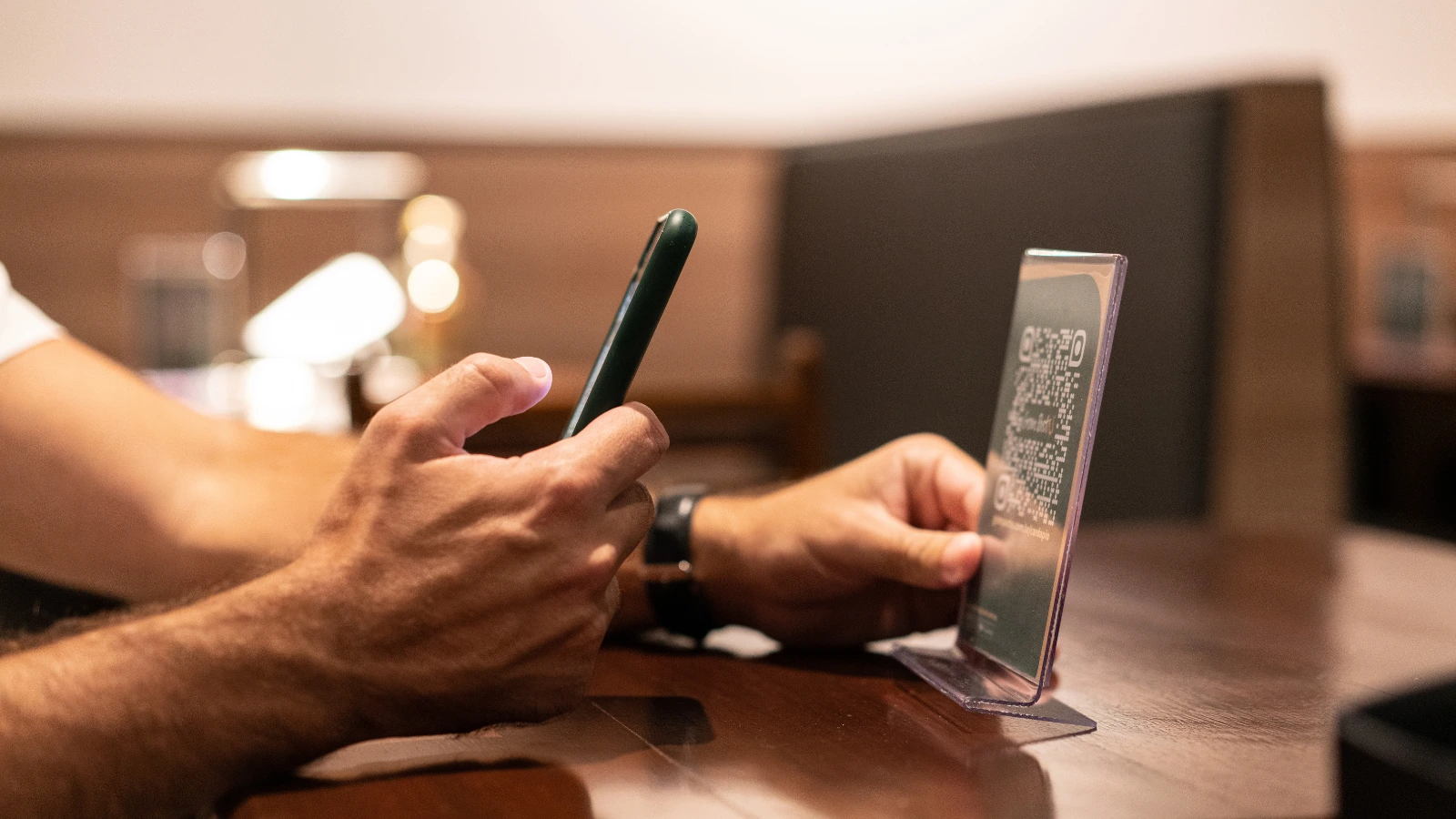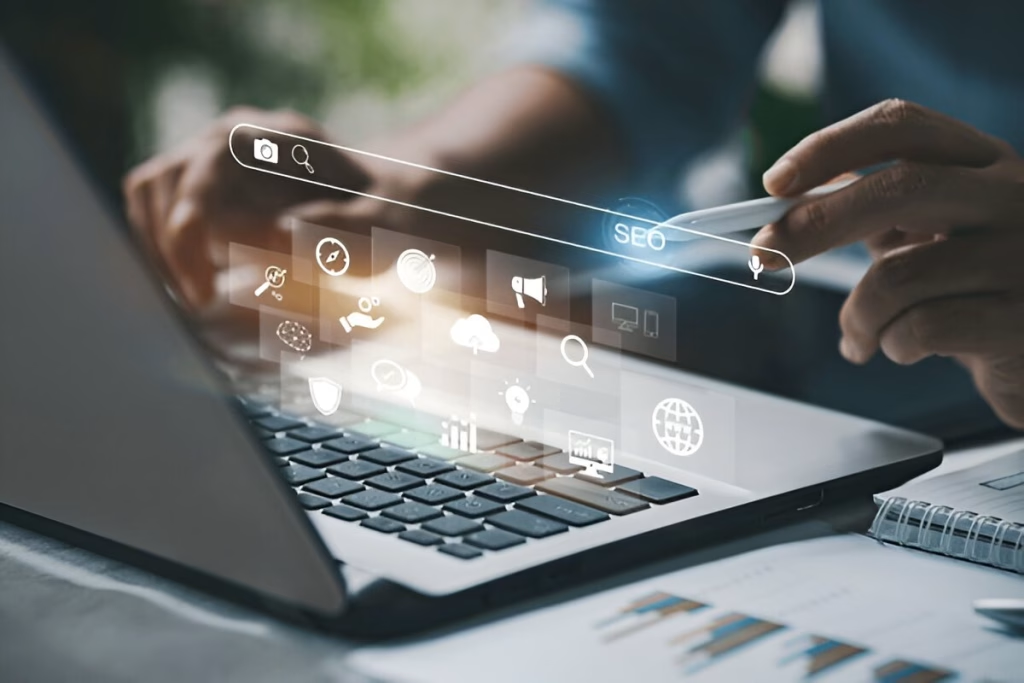Smart cities are no longer just a futuristic concept they are becoming a reality, powered by technology that makes urban life seamless and more efficient. At the heart of this transformation lies a simple yet powerful tool: the QR Code Generator. By connecting citizens directly to essential services, these generators are reshaping the way cities operate, making everyday interactions smarter, faster, and more accessible.
How QR Code Generator Bridges Citizens and Services
Traditionally, accessing city services involved long queues, manual paperwork, and time-consuming processes. However, with a QR Code Generator, municipal departments can instantly link citizens to digital services. For instance, residents can scan a QR code to pay utility bills, access public transport schedules, or report maintenance issues.
Moreover, QR codes are versatile and adaptable. They can be integrated into physical signage, public transport, or even utility bills. This immediate connectivity reduces friction between citizens and city services, creating an ecosystem where information flows effortlessly.
Connect, explore, and simplify your city life with one QR code!
Enhancing Public Safety and Health
In addition to convenience, QR codes enhance safety and health monitoring. Smart cities are leveraging QR Code Generators to streamline emergency alerts, vaccination tracking, and public health campaigns. Citizens can quickly access vital information during emergencies, ensuring that response times improve and community safety strengthens.
For example, a QR code displayed in public spaces can provide real-time updates about air quality, traffic congestion, or nearby medical facilities. This instant access empowers citizens to make informed decisions, boosting overall urban efficiency.
Driving Sustainable Urban Development
Interestingly, QR codes are not just about convenience; they also support sustainable city planning. By digitizing information access, cities reduce paper usage, minimize physical documentation, and promote environmentally friendly practices. With a QR Code Generator, residents can easily retrieve e-forms, digital permits, and transport passes without the need for printed materials. Consequently, smart cities move closer to achieving green and eco-friendly goals while improving citizen engagement.
Fostering Inclusive and Accessible Services
One of the most remarkable benefits of QR codes is their inclusivity. Residents of all ages and technological expertise levels can easily use a QR code to access services. Municipalities can create multilingual QR codes, ensuring that communication barriers are minimized. As a result, smart cities become more inclusive, empowering all citizens to participate actively in civic life.
Learn More: How Businesses Can Turn Every QR Code Scan into a Sales Opportunity
Transforming Everyday Urban Experiences
From paying parking fees to booking library resources, the QR Code Generator has become the linchpin of daily urban interactions. By embedding QR codes in public transport stations, community centers, and even street furniture, cities are creating an integrated network where services are just a scan away. This transformation is not only convenient but also builds trust, as citizens feel more connected to their city’s digital ecosystem.
In essence, the QR Code Generator is redefining smart cities by creating direct links between citizens and services. By simplifying access, enhancing safety, promoting sustainability, and fostering inclusivity, these small codes are driving monumental changes in urban life. As technology continues to evolve, QR codes will remain a cornerstone in shaping the cities of tomorrow smart, connected, and citizen-centric.
FAQs
Q1: What is a QR Code Generator?
A QR Code Generator is a tool that creates quick response (QR) codes, which can store information like URLs, contact details, or digital forms that citizens can access by scanning them with a smartphone.
Q2: How do QR codes improve city services?
QR codes provide instant access to municipal services, payments, updates, and emergency information, reducing wait times and making service delivery more efficient.
Q3: Are QR codes secure for accessing services?
Yes, when used correctly, QR codes can be secure. Cities often use encrypted links and verification methods to protect citizen data.
Q4: Can QR codes be used for sustainability initiatives?
Absolutely. By digitizing information and reducing paper usage, QR codes help cities adopt environmentally friendly practices.
Q5: How can citizens benefit from QR codes in smart cities?
Citizens gain faster access to services, real-time information, and inclusive digital tools that enhance their overall urban experience.
Connect citizens effortlessly and enhance urban services, explore Munshify.com.



